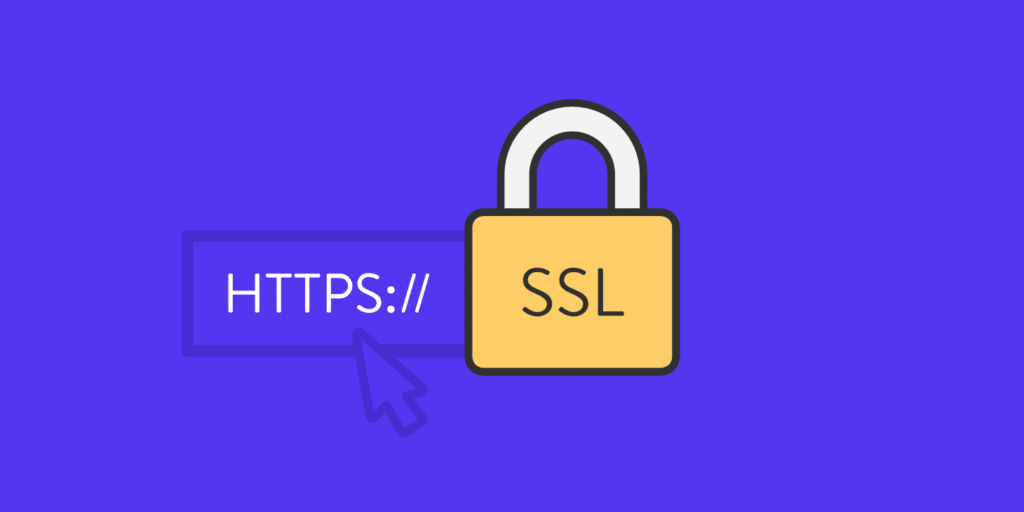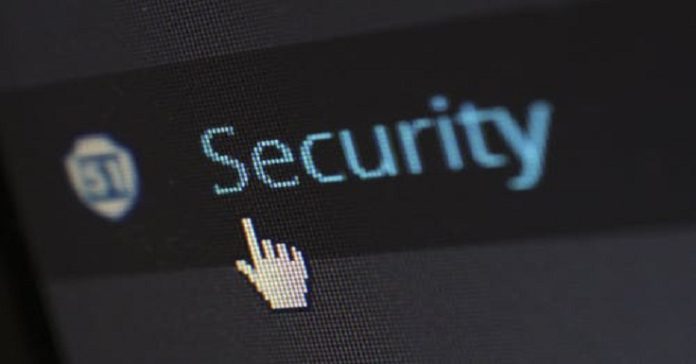So, you have an open life with nothing to hide? Reconsider your stand. Privacy is critical to living a free life, especially if you hate to live in despots and dictatorship regimes. We sometimes fall in the trap of thinking we do not need our rights till we cannot survive without them.
Let us face it; life online is not safe anymore. The hackers are looking to take advantage of the information you put out there. Still, even the governments are also moving in to tighten surveillance and track all your moves – and it goes beyond protesting on the streets and routine traffic stops.
And, there is nothing that gives you absolute protection. However, there are things you can do to boost your online privacy, let us consider some key steps to secure your online privacy.
Keep your devices secure

Your smartphone, personal wearable devices, and laptops are the most vulnerable data points today. You use them for everything, work, and own chores, and they are always with you – tracking your every move. And, they hold all your secrets – all the way from your lifestyle choices to financial accounts. Read about use VPN to defeat censorship in China
Unfortunately, we do not have access to a universal security mechanism. We must depend on the security features offered by the operating systems, iPhone, Android, Windows, Linux, and others. Here are some steps to take to secure your devices:
- Do not install apps you cannot trust for safety
- Be mindful of the permissions you allow these apps on your contacts, dialer, messages, data, etc.
- Disable fingerprint security. This is a tricky one, it is convenient, but the government agencies. Have enacted laws that make it perfectly legal for law enforcement to force your finger on the device to unlock it. It is hard to say what works in today’s environment but consider your operating situation. Before deciding on an appropriate mechanism.
Use secure passwords and 2-step authentication

A lot of us are in the habit of using “Easy to remember” passwords. Remember, it also opens you up to password hacking – what more would a cybercriminal love. Than be able to use simple brute force techniques to breach your passwords.
Worse still, some folks use the same passwords across multiple accounts. Never use the same passphrase across various accounts. And use “non-dictionary” complex passwords (hard to guess combinations of upper case, lower case characters, numbers, and special characters). And, no writing your passwords in diaries and sticky notes.
Another thing you must consider is turning on 2-factor authentication wherever possible. That way, even if your password is compromised. Cyber-attacks can be prevented by requiring the user to login to go through multiple layers of approval before someone can access it. This becomes even more critical when allowing access to sensitive privacy account. Regions such as financial transactions, areas holding essential information. And highly vulnerable parts of your websites where the damage of a breach can be colossal.
Secure messaging
Never use messaging apps that do not provide encryption. Staying available online as much as possible has become a habit and a necessity.
Remember, any data you share with someone on unencrypted communication is prone to MITM (man in the middle attacks), where someone with malicious designs can introduce them between the communicating parties and steal the information being exchanged.
Using public Wi-fi

It is hard to resist using “free” public Wi-Fi at malls and coffee shops, etc. However, your data transmitted over public Wi-Fi is typically not encrypted and available in plain text to the people. Unscrupulous agents may use your private information for evil purposes – most people end up losing their financial and personal data on public Wi-Fi networks, which makes them vulnerable to identity theft and money loss.
- Stick with HTTPS as much as possible. That way, all the data being exchanged between the web server and your web browser is encrypted. So, even if the people running the network or someone else trying to launch a MITM attack were to get hold of the information being transmitted on the communication channel, they will not be able to make sense of the data and hence make the theft ineffective.
- Also, consider using VPNs when connecting to your corporate network. Never connect to your business email and servers over plain text connections.
Security for website owners – install SSL certificate
As an online business owner, you should ensure that your customers are on a secure (encrypted) network. They may not realize the importance and have access to effective mechanisms to keep themselves safe. But as a responsible online business, it is your responsibility to protect them the best you can.

Install SSL certificate (Secure Socket Layer) to turn on TLS (Transport Layer Security) to switch on HTTPS (Hyper Text Transport Protocol Secure), so only the endpoints hold the key to encrypt and decrypt the information.
Not only will the SSL certificate protect data interchange but also boost customer confidence as the browser will show a green padlock indicating a safe browsing experience for your users, which will lead to better conversions and hence more money in your pocket.
Also, the search engines will rate your site content higher on the SERPs (Search Engine Result Pages), thus providing you with free targeted organic traffic. It has a higher chance of conversion, so you will gain in more ways than one by adopting SSL certificates. There are so many certificates offered from ssl providers and you may select it as per your websites requirements. For instance if you need one SSL certificate to secure your multiple domains without extended validation then you can think about GeoTrust Multi-Domain SSL for all domains security.
Email security
Do practice of encrypted emails when possible. Your corporate IT team can get you set up. A lot of email clients and email server encryption techniques can help you protect your business mail.
Email is the primary mechanism for information exchange in business environments, and protecting your corporate data and IP (intellectual property) is vital to ensuring that stolen conversations do not diminish the business value.
Never click on any links you do not trust. Email is the prime source of malware spread and impersonation attacks, where you click on a link and share sensitive information. Sometimes the email may seem like coming from a trusted source when it is a falsified website that masquerades someone else to get to your data and use it for their malicious intent.
When travelling, never access your business email unless you are on a secure VPN.
Secure your systems and data storage
Whether you are a business owner or an end-user, it is critical to secure your systems. Make sure you have a good firewall installed and use a good antivirus and anti-malware solution to secure your data from getting stolen or corrupted.
Some of these malware are sophisticated enough to jump across different machines in your network and even host themselves on your servers from privacy where your users can get infected. Such a network breach can prove to be devastating for your business’ reputation and bottom line. You may even be held liable for any eventual loss to your customers and partners as a result of such a cyber-attack.
Keep all your data in transit and storage encrypted. That way, even if a hacker were to gain access to your traffic or data stores. They will not be able to get to the actual information and use it for harmful proposes.
In summary, as you can imagine, the cost of an online privacy breach can be devastating, both personally and business-wise. Keep the points above in mind to boost your online privacy. Just because the internet is such a crucial part of your existence. It must not lead to your information being vulnerable to cyber-attacks and hacks. Stay safe and use the WWW (World Wide Web) to maximize your reach for success.


















Comments are closed.